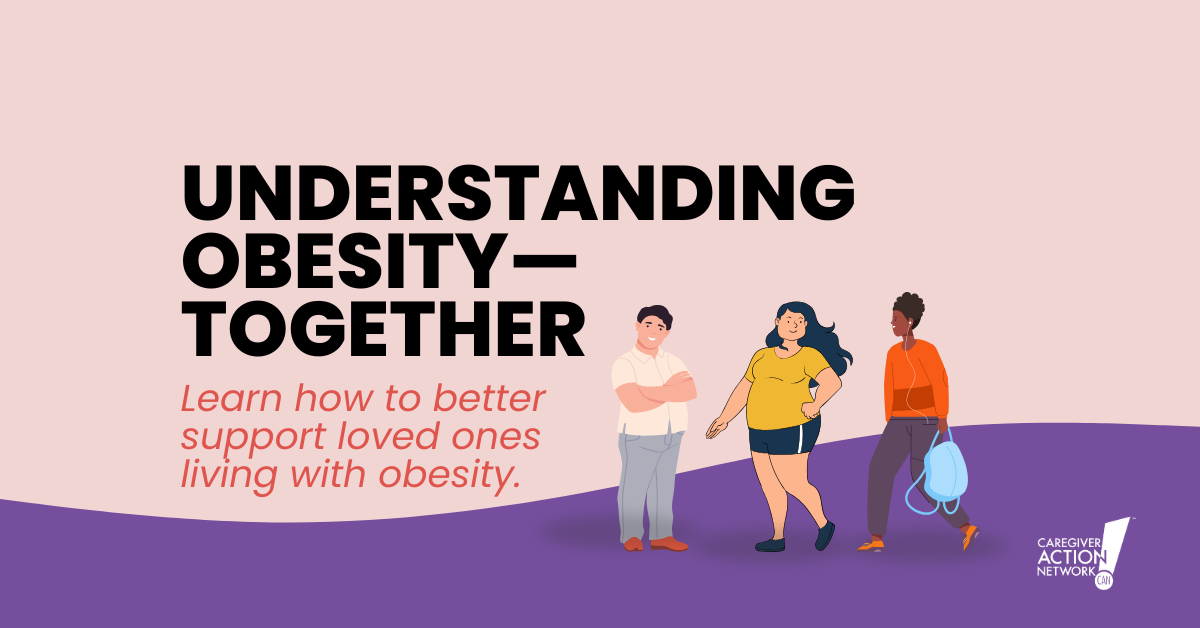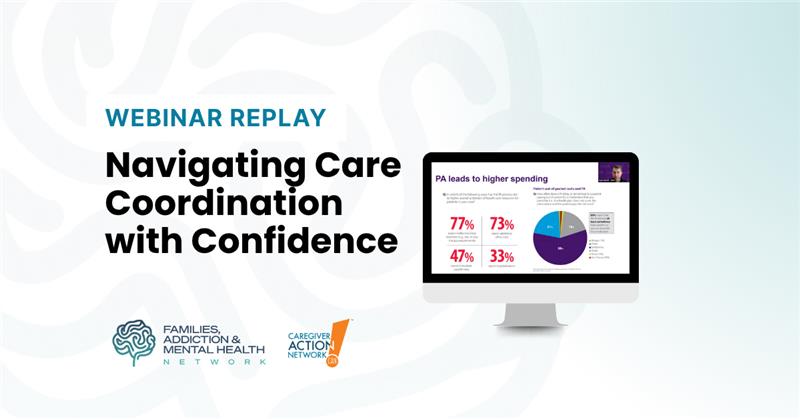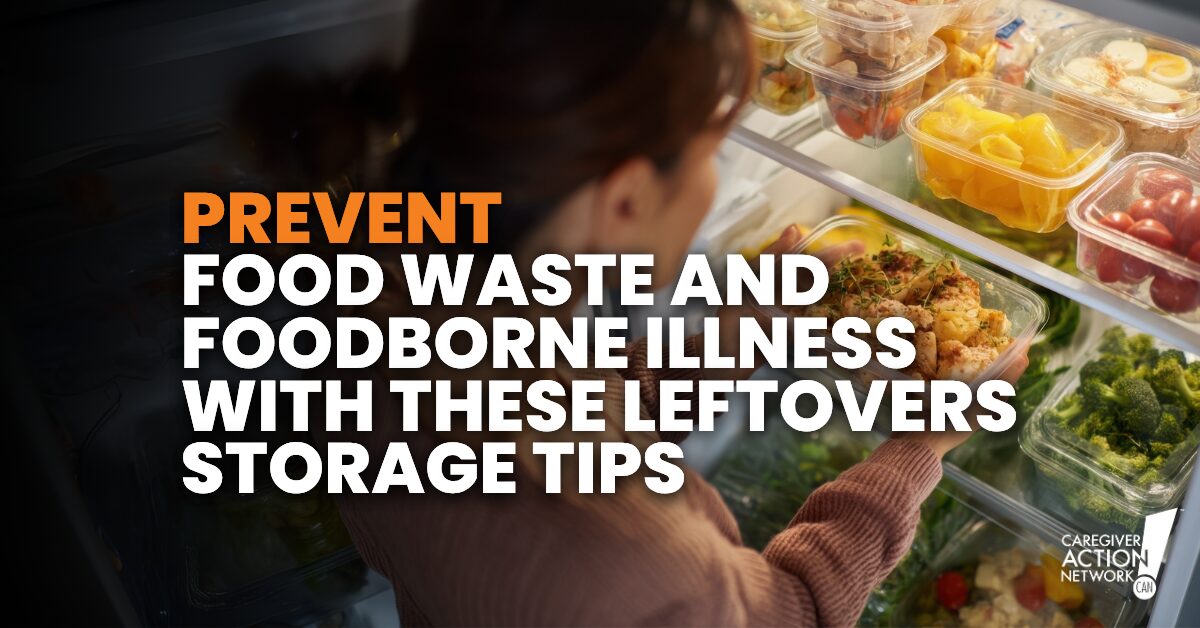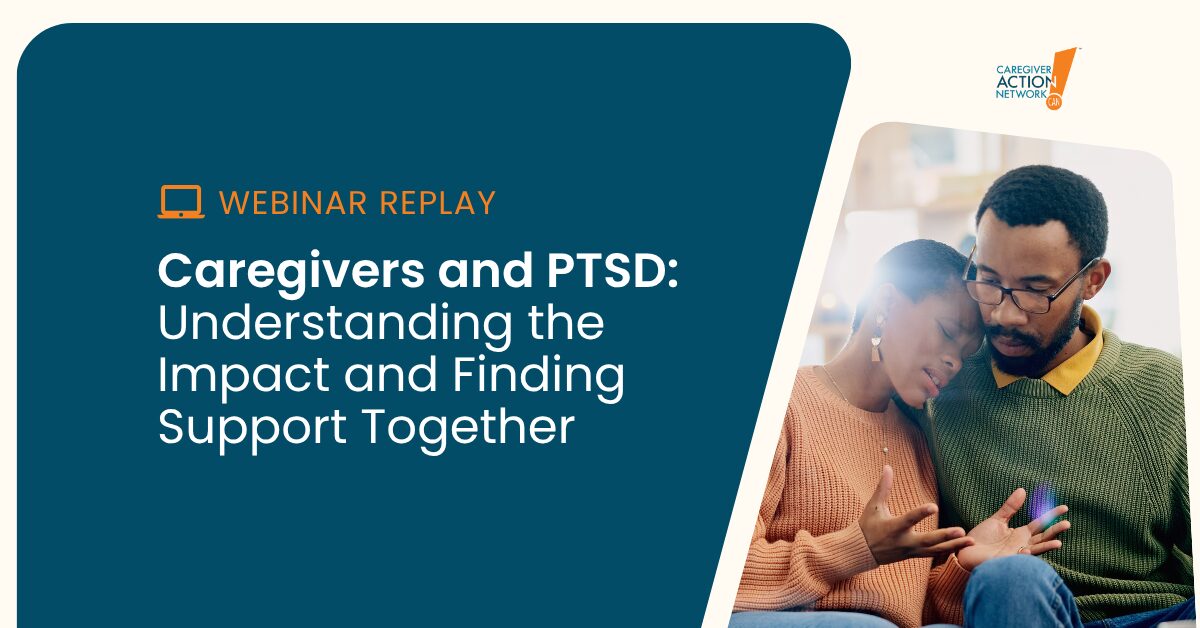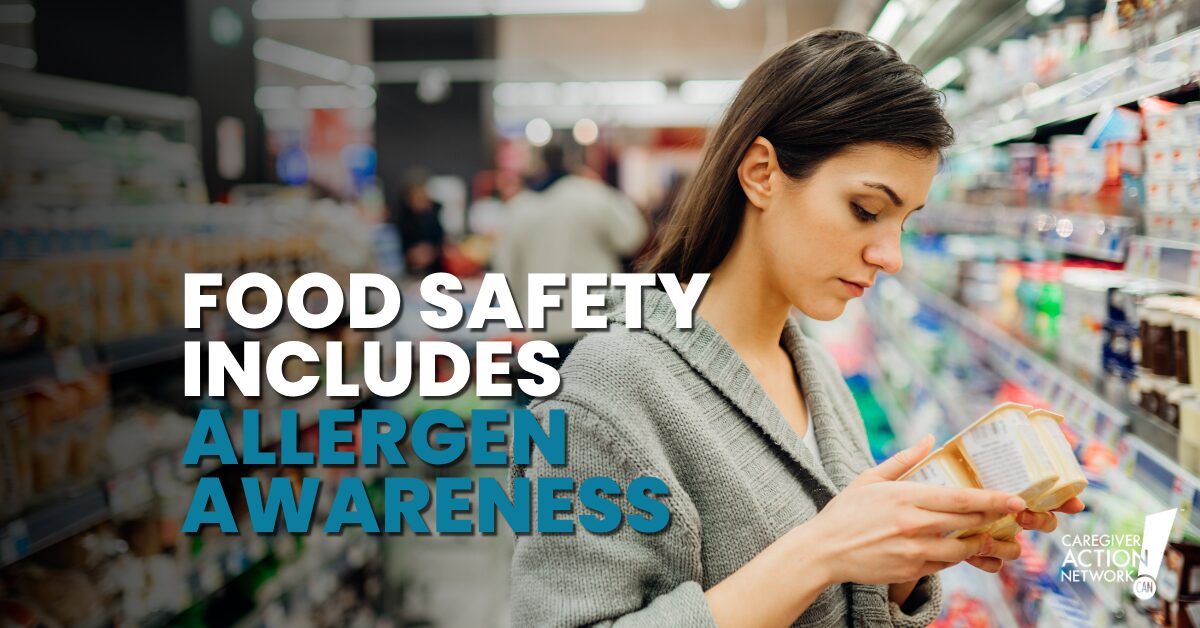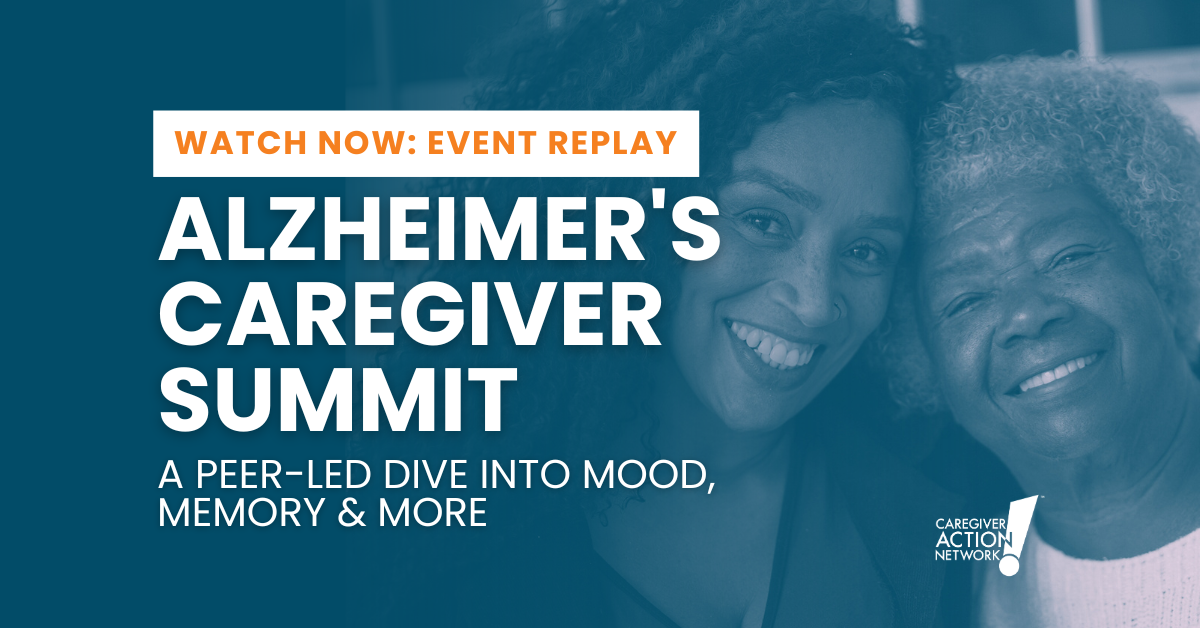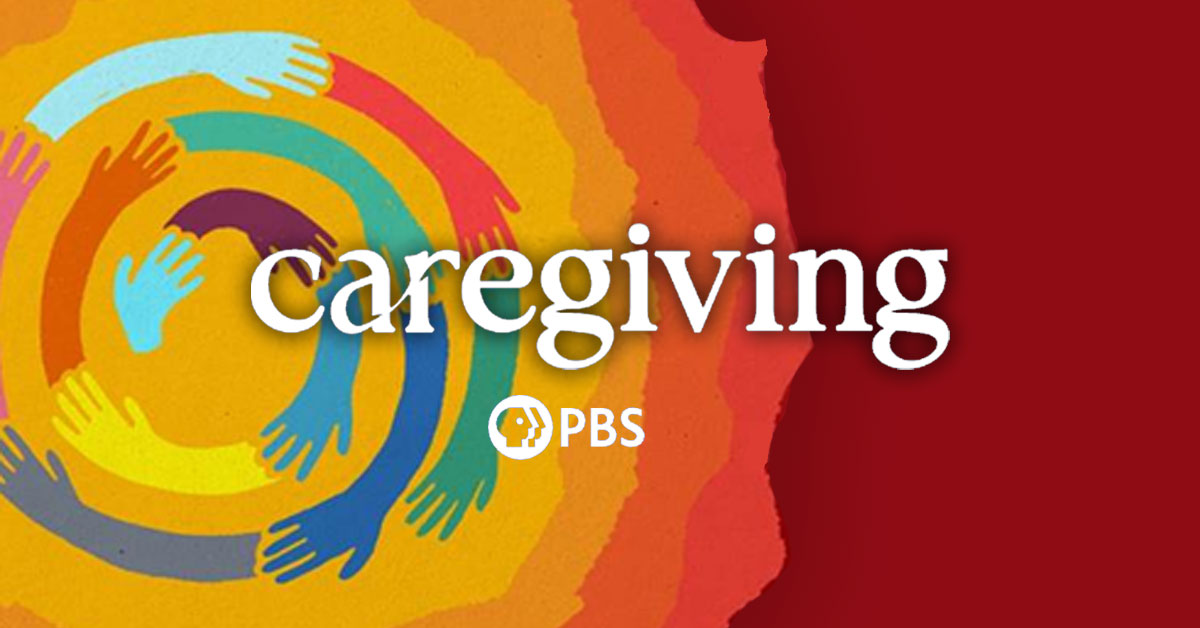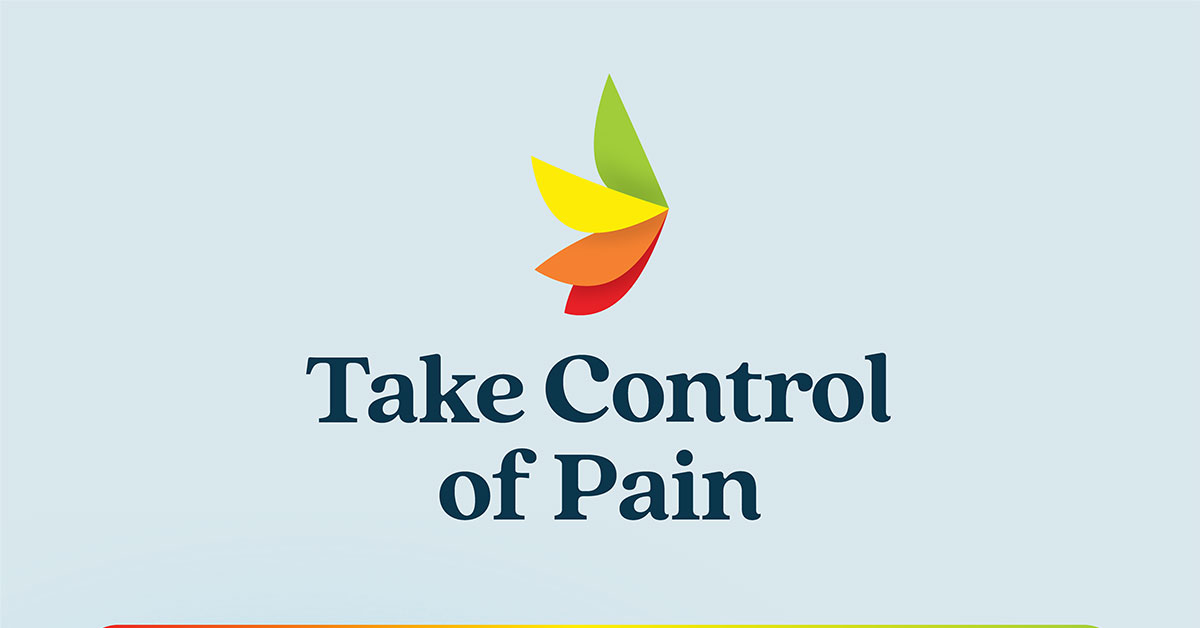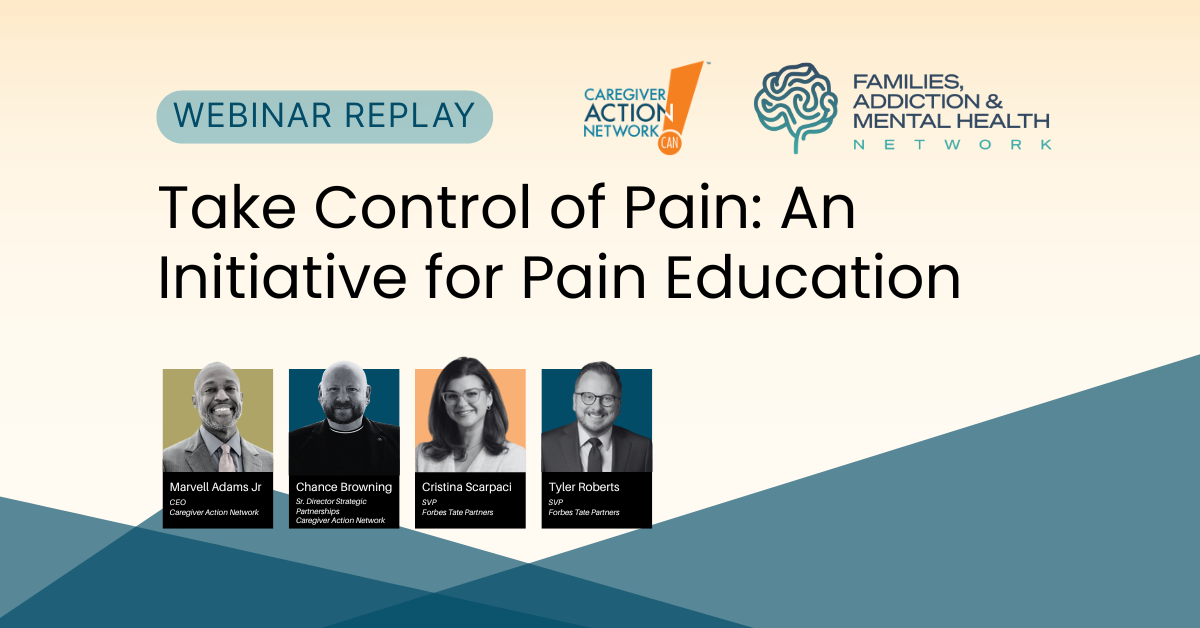Understanding Obesity, Together. An interactive learning experience for caregivers and care partners. Start the Experience Learn how to better support loved ones living with obesity through fun, fast-paced games and expert insights. Start the Experience Obesity is more than just a number on a scale—it’s a complex, [...]
Star-Studded Cast Brings Visibility to Family Caregiving, PTSD, and Alzheimer’s Disease By Chance Browning and Jodi Koehn-Pike Caregiver Action Network staff Netflix’s critically acclaimed drama Sirens is a haunting, emotionally layered series that explores trauma, caregiving, memory loss, and the enduring bonds—and burdens—of family. The series features an all-star cast, including Meghann Fahy (Drop, [...]
Navigating Care Coordination with Confidence The Families, Addiction & Mental Health Network (FAM) joins CAN for a discussion about navigating care coordination and prior authorization. Hear physician, policy, advocacy, and caregiver perspectives and learn how you can navigate prior authorization to ensure your loved ones receive the care they need to [...]
Caregivers who prepare meals for loved ones often have leftovers. To prevent food waste and—more importantly, foodborne illness—follow these food safety and leftovers storage tips. Remember the Two-Hour Rule: Refrigerate perishable items within two hours of coming out of the oven or refrigerator. After two hours, perishable food enters the "Danger Zone" (between 40 °F and 140 °F), [...]
Caregivers and PTSD: Understanding the Impact and Finding Support Together Caring for a loved one with post-traumatic stress disorder (PTSD) can bring unique and often invisible challenges that affect relationships, routines, and emotional well-being. Symptoms like flashbacks, emotional numbness, nightmares, irritability, and avoidance can make daily caregiving especially difficult. This webinar [...]
Caregivers play a crucial role in safeguarding the health of their loved ones by ensuring food is safe from foodborne illness and allergens. A food allergy is a potentially serious response to consuming certain foods or food additives. For those who are sensitive, a reaction can occur within minutes or hours, and symptoms can range [...]
Alzheimer's Caregiver Summit: A Peer-Led Dive into Mood, Memory & More The Alzheimer's Caregiver Summit: A Peer-Led Dive into Mood, Memory & More, is a virtual, peer-led event dedicated to empowering caregivers navigating Alzheimer’s and Neuropsychiatric Symptoms (NPS). NPS are the behavioral symptoms like aggression, agitation, hallucinations, and delusions that commonly appear [...]
WETA; the George Washington University Institute for Brain Health and Dementia; Elizabeth Dole Foundation; Caregiver Action Network; and the National Partnership for Healthcare and Hospice Innovation are pleased to announce the debut of Caregiving, a new landmark PBS documentary highlighting the challenges and triumphs of caregiving in America. Caregiving, the two-hour documentary from executive [...]
Families, Addiction & Mental Health Network (FAM) has launched Take Control of Pain, a national initiative to empower choice, knowledge and change in acute pain management. FAM aims to support caregivers and their loved ones as they navigate unique challenges in care for mental health and substance use disorder. Take Control of Pain will [...]
Take Control of Pain: An Initiative for Pain Education Learn about our Families, Addiction & Mental Health Network’ (FAM) new campaign, Take Control of Pain, and how your organization can get involved. You'll gain insight into the planned resources and advocacy and educational initiatives to support families and caregivers navigating acute pain [...]

